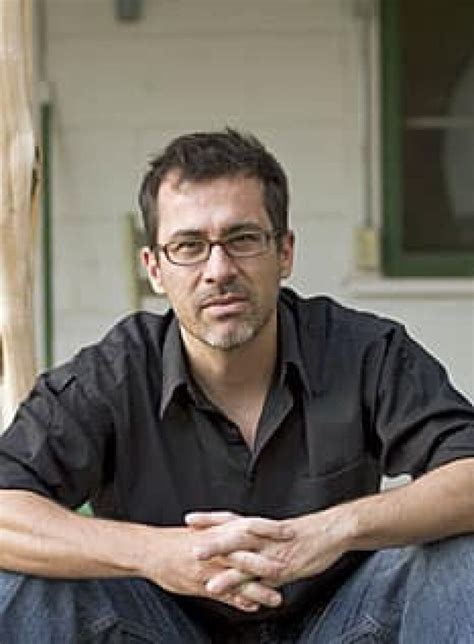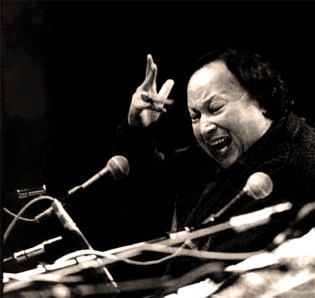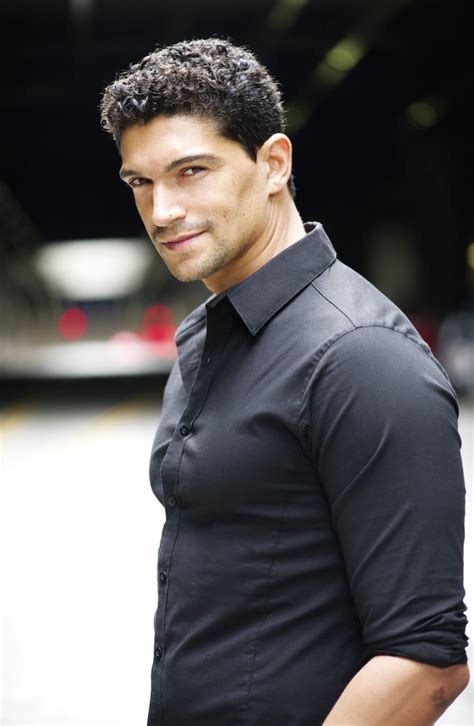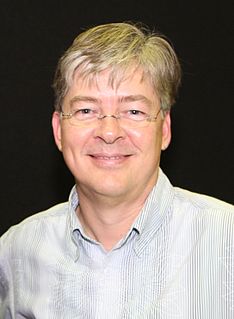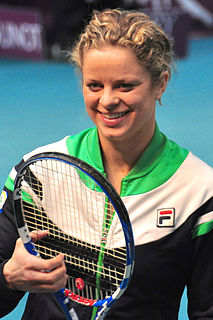A Quote by Garry Hynes
As far as Irish writers being great, I think the fact that there have been two languages in Ireland for a very long time; there has obviously been a shared energy between those two languages.
Related Quotes
Writing in African languages became a topic of discussion in conferences, in schools, in classrooms; the issue is always being raised - so it's no longer "in the closet," as it were. It's part of the discussion going on about the future of African literature. The same questions are there in Native American languages, they're there in native Canadian languages, they're there is some marginalized European languages, like say, Irish. So what I thought was just an African problem or issue is actually a global phenomenon about relationships of power between languages and cultures.
Those who become hyperpolyglots are those who meet two criteria. One, they are exposed to language material. Two, they undertake learning languages as a mission as well as acquiring the personal identity as a language learner.I describe the "neural tribe theory" of hyperpolyglots, arguing that they possess an atypical neurology that is selected by some environments and not others; presumably, there have always been humans walking around with that set of neurological traits or factors, only some of whom actually use those things for languages.
I work in Hebrew. Hebrew is deeply inspired by other languages. Not now, for the last three thousand years, Hebrew has been penetrated and fertilized by ancient Semitic languages - by Aramaic, by Greek, by Latin, by Arabic, by Yiddish, by Latino, by German, by Russian, by English, I could go on and on. It's very much like English. The English language took in many many fertilizations, many many genes, from other languages, from foreign languages - Latin, French, Nordic languages, German, Scandinavian languages. Every language has influences and is an influence.
I realized I was growing up or something like that. You have responsibilities...you've got to think about getting your act together. I didn't even know what it had been doing to me. I didn't realize how dangerous it was. People talked in terms of drugs and I used to think in terms of...well in Ireland, everybody drinks. Nobody gives it a second thought. You're Irish number one and you're a drinker number two. That's the first two things about us Irish.



